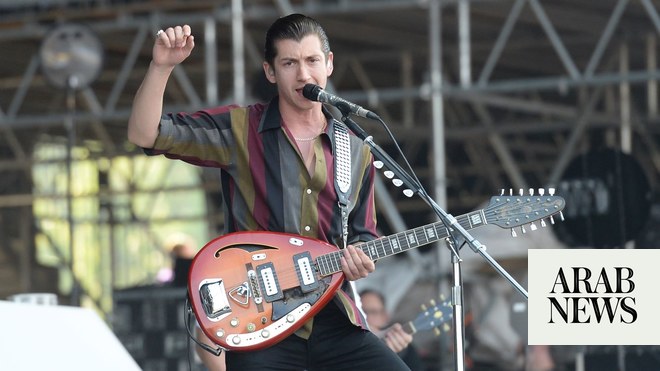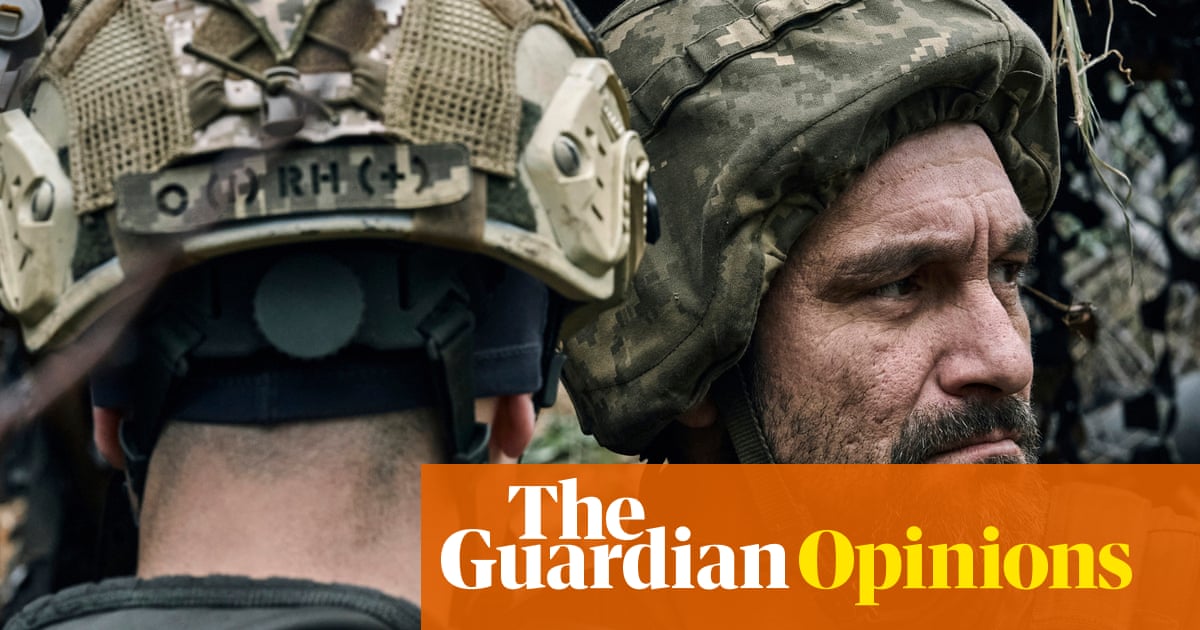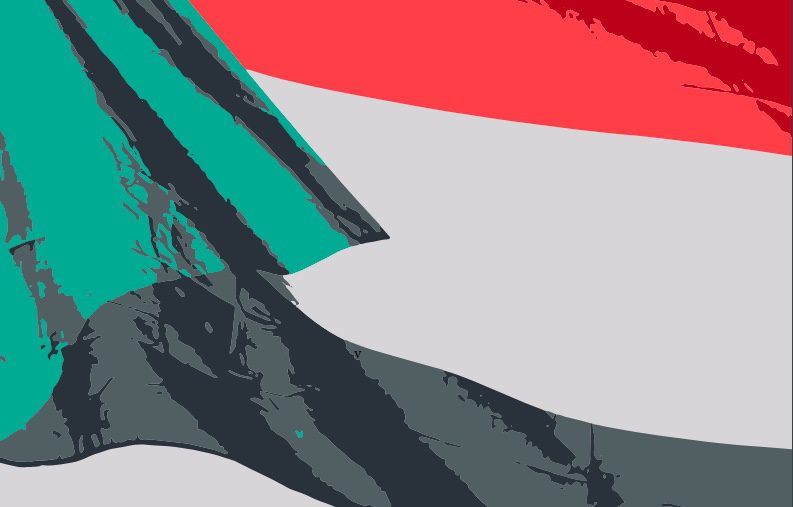
The city of Kremenchuk is looking for blood. Last week, two Russian missiles blew apart a large shopping and entertainment centre where around a thousand people were spending the afternoon. The exact number of those killed is still not known, but hundreds of people were at the epicentre of the explosion and of some of them, not even fragments are left. The number of wounded is known, though. The survivors were left without arms, without legs. And they need blood.
This tragedy has given a new impetus to blood donation efforts. Blood is needed everywhere in Ukraine – wherever Russian missiles and shells explode, wherever wounded soldiers are brought from the frontlines.
In Lviv, they are waiting for blood at the military hospital, which is located on a street named after the Russian writer Anton Chekhov, as well as in the regional hospital on a street named after the Russian writer Leo Tolstoy.
Waves of hatred are sweeping Ukraine and pushing Ukrainians to look for internal enemies. They are out for blood. Plenty of real internal enemies exist. Someone apparently shared the coordinates of Ukrainian military training centres with the Russian military, and barracks were destroyed by missiles.
Someone is spreading pro-Russian propaganda on Ukrainian corridors of the internet. At the same time, more and more distrust, and sometimes even hatred, is being shown towards Russian-speaking authors and intellectuals, who must now show themselves to be three times more patriotic than their Ukrainian-speaking counterparts. And even this does not save them from accusations that it is they who are to blame for the war because they speak, think and write in Russian. It is in their blood.
Despite the vehemence of young Ukrainians and Ukraine’s official demand that other countries boycott Russian culture, older Ukrainians remain conservative and do not want to go that far. They quietly oppose the total boycott of Russian culture. An opera-loving friend of ours shed tears at the thought of not being able to hear Eugene Onegin at the Kyiv opera house ever again.
Russian-speaking Ukrainians are almost used to these constant accusations, just as the country is almost used to war. This does not mean that people are accustomed to rocket explosions in cities, but we have got used to the idea that this war will last a long time.
“Experts” constantly predict the date of the end of the war. Some of them say September. The president, Volodymyr Zelenskiy, says that the war will end before the frosts set in – before winter. Other politicians think spring 2023 is more likely.
The relatives of Ukrainian prisoners of war are loudly and very publicly demanding an early exchange of prisoners between Russia and Ukraine, while another process is going on quite quietly and non-publicly: the exchange of the dead.
Bodies are said to be exchanged on a one-to-one basis – one dead Ukrainian soldier for one dead Russian soldier. In an attempt to obtain as many bodies as possible, the Russians resort to tricks. They are said to have put the corpses of dead civilians in black bags. As a result, the work with bags begins with a general sorting process. “Civilian” remains are also processed, but this is a longer and more complicated matter because it is not known where the Russians brought these remains from. They are kept for some time in the refrigerator of the morgue, and then they are transferred to other regional morgues for further identification and the search for relatives.
I don’t know where this exchange takes place, but it is somewhere near the frontline. A refrigerated truck with the number “200” on the windscreen regularly arrives at the regional morgue on Oranzhereinaya Street near the botanical garden in Kyiv. “200” – this is how the dead are designated in military terminology. Accompanying soldiers bring black bags with the remains of the dead into the morgue. Pathologists work with these remains.
The main task is to try to find out the soldier’s data in order to transfer the remains to relatives for burial. If the deceased had tattoos, this is much easier to do. But the black bags do not always contain the whole body of a soldier. Often there are only bones and a skull, sometimes fragments of a body. Relatives of the missing donate their DNA to make it easier and faster to find their dead loved ones.
The DNA database of Ukrainians whose relatives have gone missing in the war is constantly growing. Anyone near the centre of the explosion in Kremenchuk last Monday disappeared completely; nothing remains. No traces or fragments. He or she has gone missing forever. We don’t know exactly how many they are. DNA won’t help.
While residents of the city donated blood for the wounded, local authorities declared three days of mourning for the dead. During the time of mourning, entertainment events, concerts and circus performances are usually not held, but I cannot imagine inhabitants of Kremenchuk planning to have fun for a long time afterwards. One of the most popular entertainments for Ukrainians, even now, is fishing. Fishing is not prohibited during mourning. Periods of mourning could be declared in dozens of cities and towns in Ukraine after the shelling and massacres of Ukrainian citizens by the Russian army.
But it seems strange to go into mourning in the middle of a war. After all, usually after the end of the mourning period life should return to normal. Comedies can be shown on TV again, theatres and circuses can open their doors. Now there is only one TV news channel in Ukraine, which unites all previously existing TV news channels.
It is possible to go to the theatre in some cities, but there is no guarantee that the siren announcing an air raid will not interrupt the performance. It would, of course, be better if some strong, dramatic performance interrupted the war. Or even stopped it altogether. But alas, the drama of a real war remains unstoppable. The director and producer of the war, Vladimir Putin, wants to shed as much Ukrainian blood as possible.
Andrey Kurkov is a Ukrainian novelist and author of Death and the Penguin












